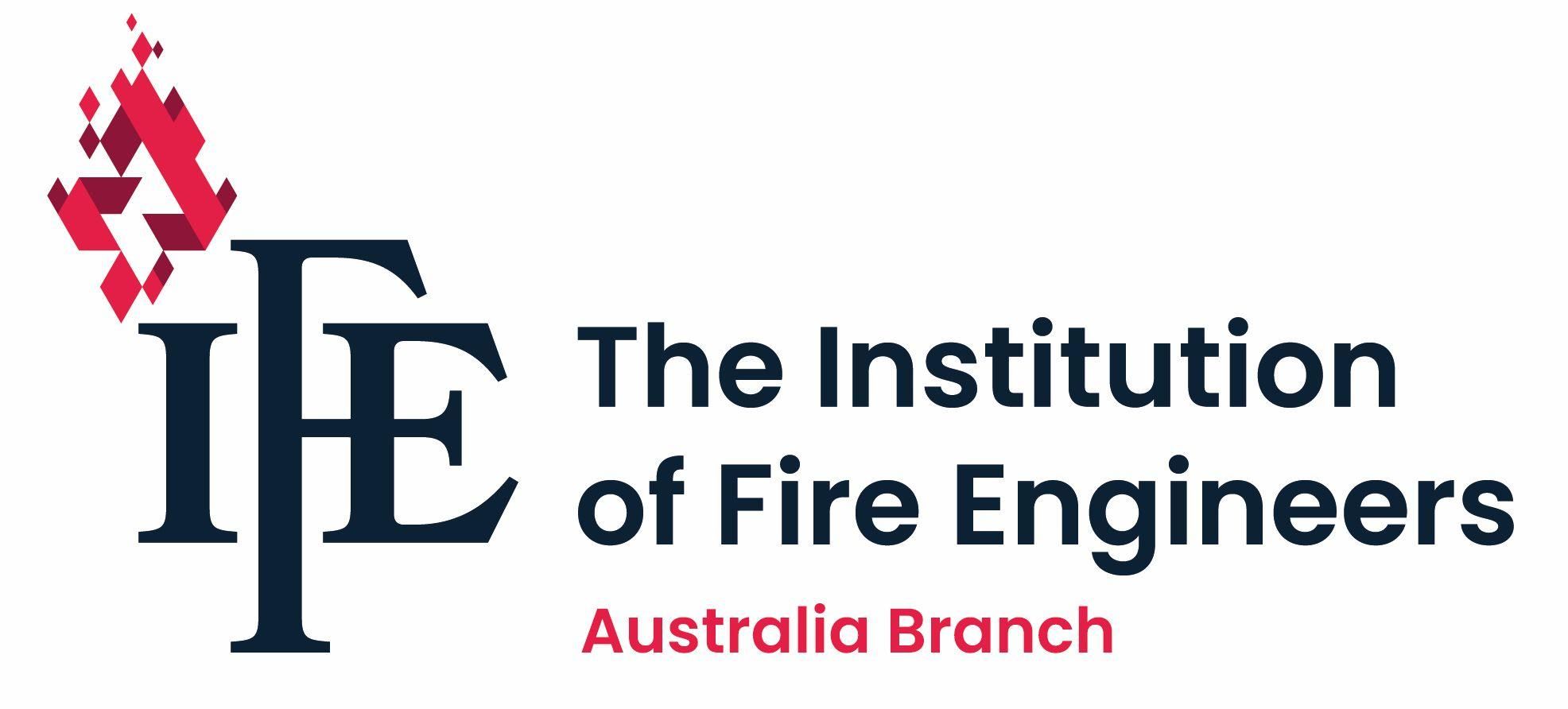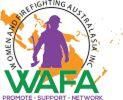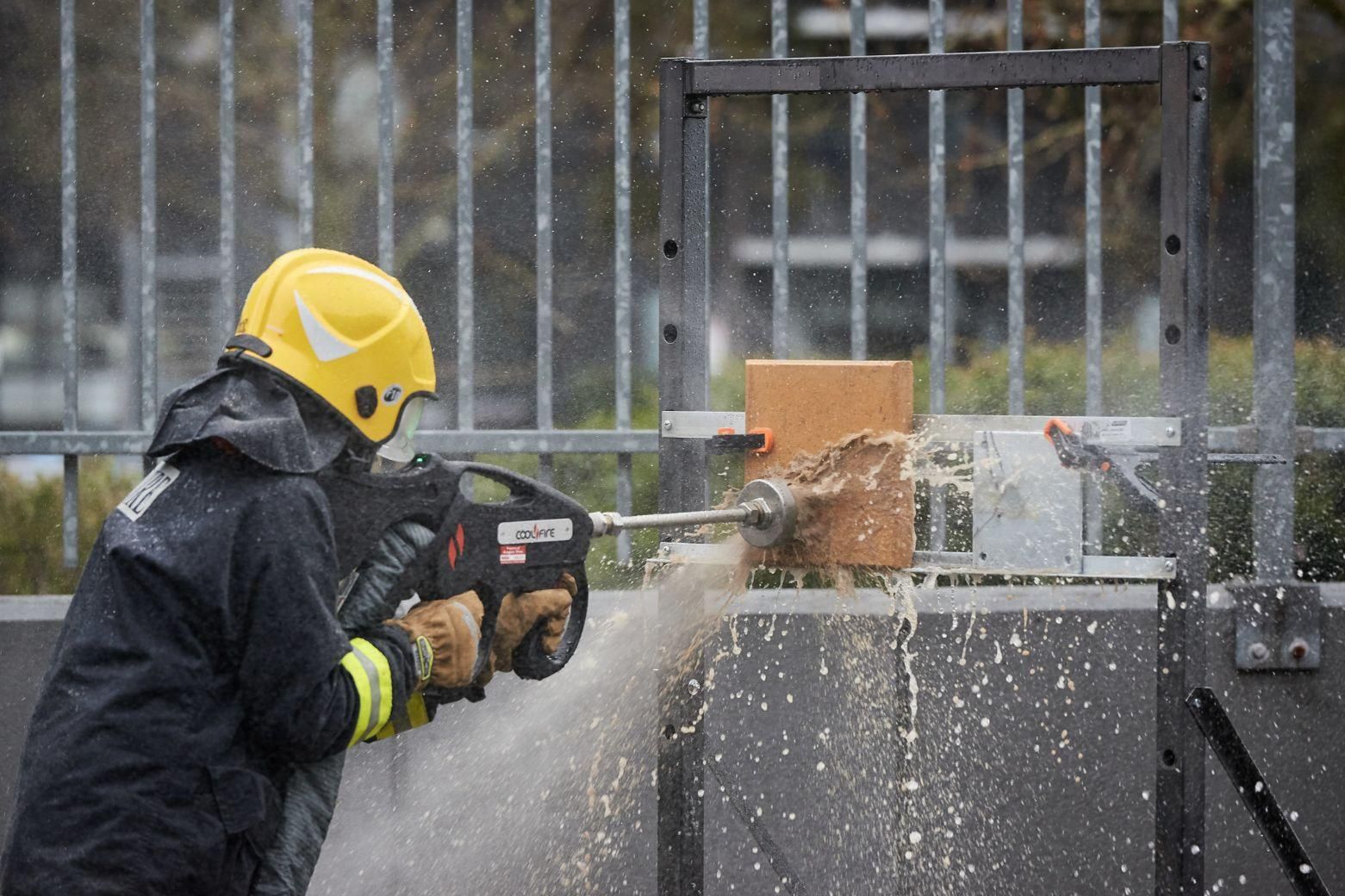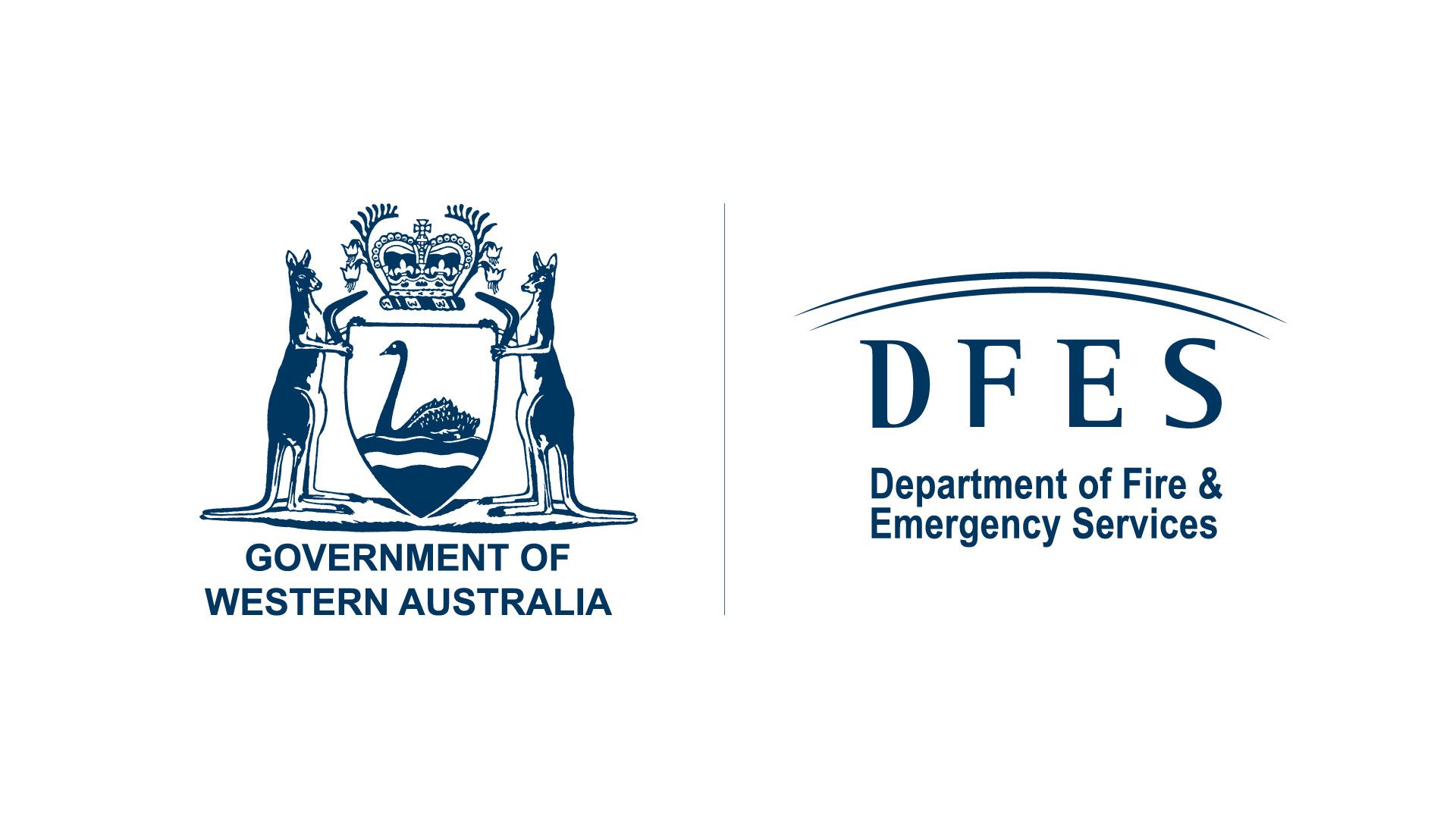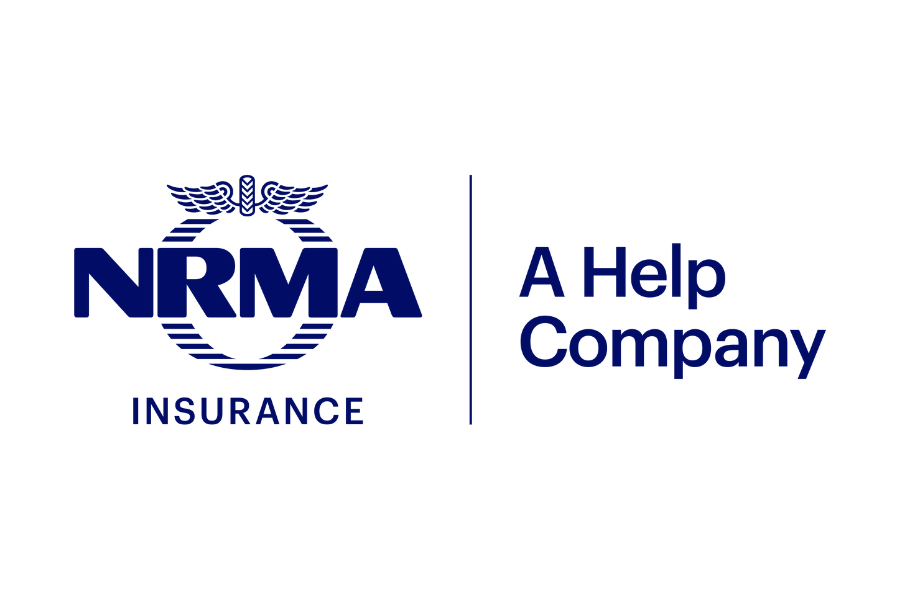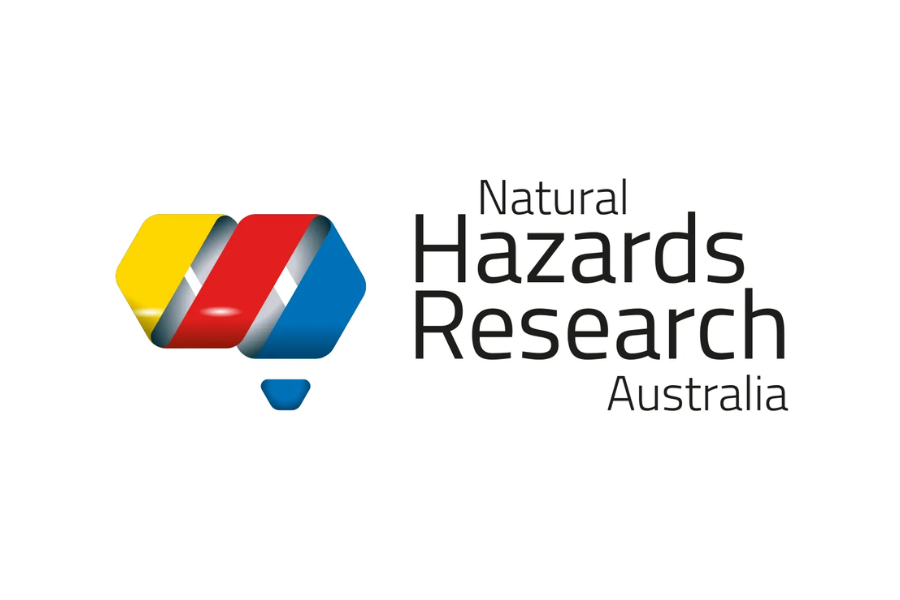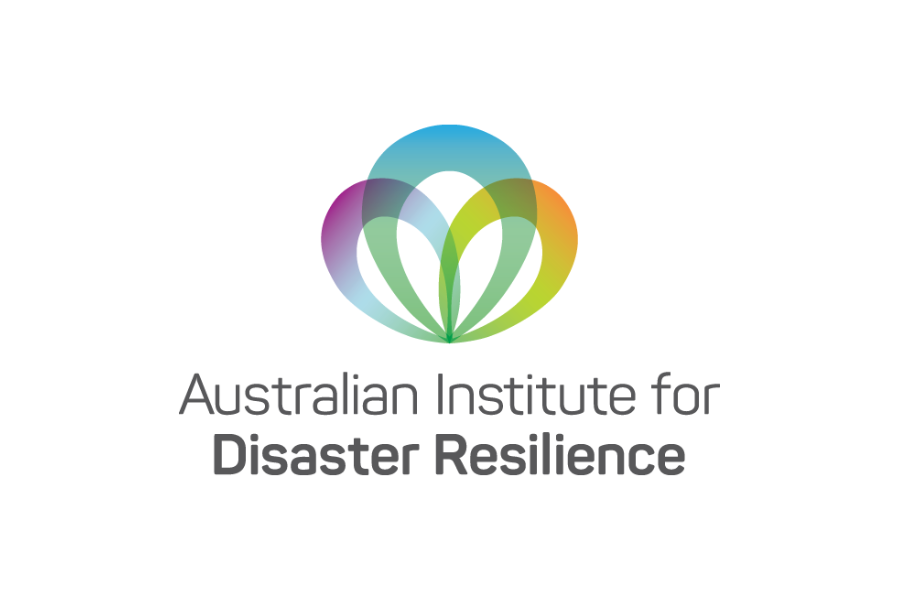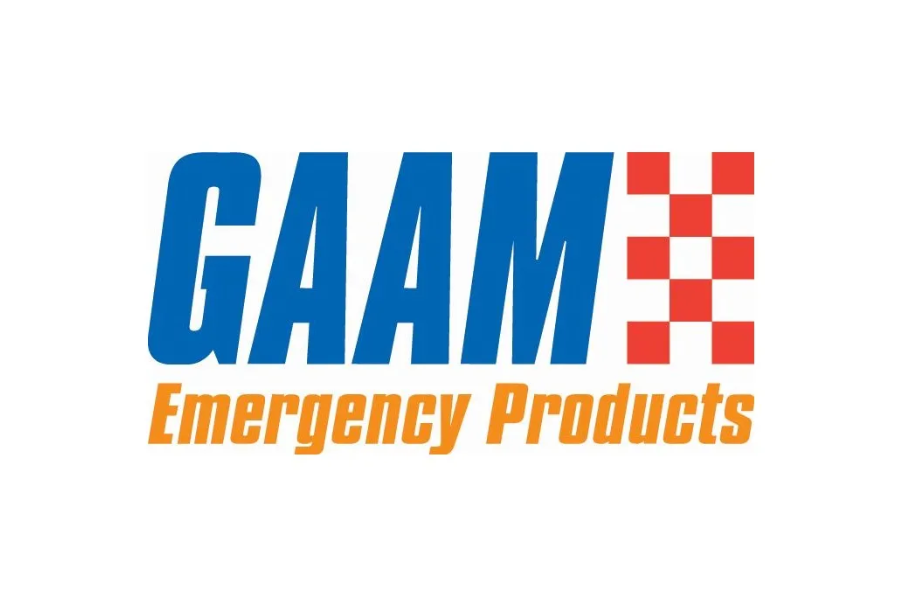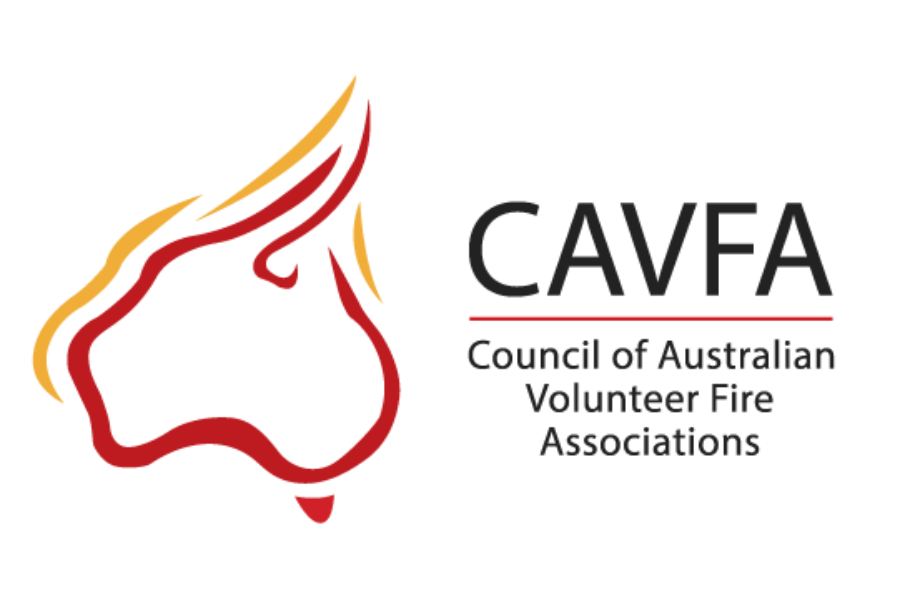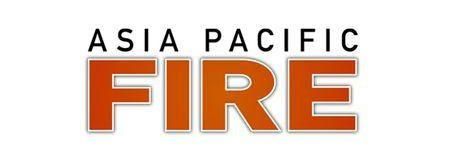Enlightening sessions from AFAC21 Day 2
)
The speakers shared real studies and stories involving catastrophic events, unusual circumstances and issues to address.
The vast highlights of Day 2 included:
Individual and agency: maximising the impacts of a positive change culture on mental health
- Mark Molloy National Manager - Learning and Development, St John Ambulance Australia
“Be consistent, be courageous, be compassionate and lead the change to deliver conversation and connection around mental health in emergency services.” – Mark Molloy
Mark spoke about the impact of diagnosed and diagnosable mental illness in the world of Frontline and Emergency Services – it’s never been higher or more visible. Despite this, many organisations continue to struggle with the effective management of psychological risk.
He focused on the need to instigate change attitudes at all levels of a workplace to maintain optimal success. Certain evidence-based educational programs, such as Road to Mental Readiness (R2MR) have proven long term impacts on creating mentally healthy workplaces.
Stress testing the resilience of Victoria's water sector in 2020 - what did we learn?
- Joanne Wallace, Department of Environment, Land, Water and Planning
“The water sector has bounced forwards through learnings from the bushfires and COVID 19. The lingering weakness is the fatigue in the workforce in Victoria with the back-to-back events, the continuing situation with COVID. However, that is being addressed by strengthening capability.” – Joanne Wallace
Black Summer 2019/20 and the coronavirus pandemic directly impacted Victoria's water sector, causing infrastructure damage, and threats to business continuity. It was not just good fortune that water supplies and sewage services were sustained with limited disruptions. It was a stress test for the resilience of Victoria's water sector and revealed strong foundations built on partnerships. It also revealed vulnerabilities to which the sector was responsive.
The Department of Environment, Land, Water and Planning (DELWP's) provided leadership during 2020 to the Black Summer bushfires and COVID-19. Joanne explored how this was achieved and how it is preparing for future shocks from cyber-attack, a 50% reduction in streamflow by 2065, greater demand for water and more frequent extreme bushfire, flood, storm, heatwave, sea level rise and surge.
The assumptions we make and the impact on multicultural community education and safety
- Julia Kiss, Surf Life Saving NSW
“The point is not to not make assumptions but to acknowledge them and test them.” - Julia Kiss
After being questioned about what they were to do if they saw a shark sign on the beach, a member of the Nepalese community replied, 'I don't know, are sharks friendly or dangerous?'
The shape and face of our communities are rapidly changing, and Surf Live Saving NSW recognised it needed to diversify its messaging and the way in which it informs and engages. Julia described the effort the organisation went to create programs, resources and messages that are more relevant, inclusive, accessible, meaningful, preventative, proactive and purposeful.
She explained how they now engage, educate, and empower their communities to keep safe and enjoy their time at the beach.
Evacuation Centres are lifeboats, not cruise ships. Managing Community expectations and prioritising improvements
- Samantha Colwell, Resilience NSW
“2019/2020 was quite a horrendous season with the bushfires and the floods but the positive side is we built significant capability and experience. Since then, we had the March 2021 floods and we stood up 33 evacuation centres. The good news is we had staff already well practised – they were engaged, they were trained, the processes were fresh in their minds and significant training had been delivered.” – Samantha Colwell
In 2019-20, bushfires were quickly followed by floods and COVID-19. Resilience NSW and partner agencies opened approximately 100 evacuation centres, where around 30,000 evacuees were registered, and more than 8,000 people were placed in emergency commercial accommodation. A scale not seen before in NSW.
In this session, Samantha delved into the challenges faced with the management of 100 evacuation centres, particularly in tourist destinations during the holiday season. She shared lessons learnt managing the evacuation as well as the expectations of the industry, the government and the community. In addition to recommendations from the bushfire enquiry (that included increased training), a COVID-19 Supplement to the Evacuation Management Guidelines was developed additional risk controls that reduce the likelihood of COVID-19 spreading among evacuees.
IFE CONFERENCE
Case study: fire created from water
- Michael Forbes, Fire Investigator, Fire and Rescue NSW
“I could not even imagine it.... This incident showed the importance of testing the hypothesis and always keeping an open mind when conducting fire investigations.” – Michael Forbes
On 3 November 2018 a large fire occurred in a factory at Seven Hills in western Sydney. The fire destroyed two buildings with a dollar loss of over $30 million. The NSW Fire and Rescue's Fire Investigation and Research Unit (FIRU) needed to understand how and why such a fire could cause so much damage when the evidence revealed that there was no human intervention and no apparent reason how or why the fire started.
With help from CCV footage and other images, Michael explained how investigators from Fire and Rescue NSW worked with the owner and private fire investigators, who were representing the insurance companies, to understand the cause of the fire. He described how the use of identical products, live fire tests and several hypotheses led to a (some might say) surprising conclusion.
AUSTRALIAN DISASTER RESILIENCE CONFERENCE
Ask me what I need? Autism awareness training project for emergency services
- Berinda Karp, Autism STEP Australia
“People with disability are the first to be left behind and the last to be rescued … they are two to four times more likely to die in a disaster than the general population.” – Berinda Karp
With one in 68 in the population on the Autism spectrum, understanding the needs of Autistic adults in relation to emergency services is of major concern.
Awarded both the NSW Resilience Community Award and the National Resilience Community Awards for 2020 – ‘Ask me what I need' Autism Awareness training video for emergency services was funded by the joint State/Commonwealth Natural Disaster Resilience Program through the Office of Emergency Management NSW Justice Community Resilience Innovation Program (CRIP).
It provides basic Autism awareness for emergency services personnel to implement when engaging with youth and adults that identify as autistic. In this session, Berinda shared background to the project, further autism awareness and the video itself.
These sessions are an important but small selection of the AFAC21 conference presentations that took place on Day 2 of this year’s event. Pass holders can view these and all other AFAC21 presentations on demand until 31 January 2022.



